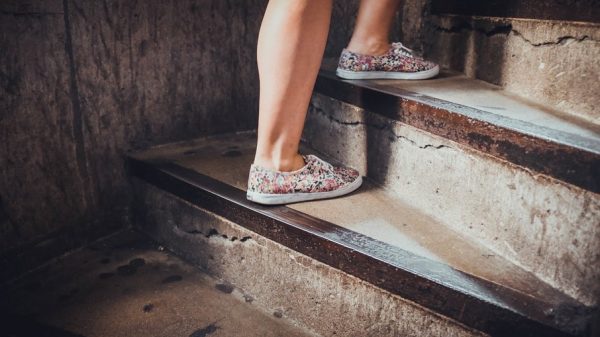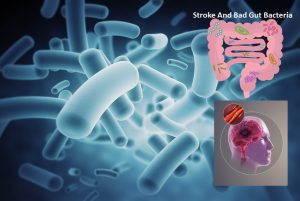
Tips To Prevent Charley Horse Or Calf Muscles Cramp
Muscle spasm or cramp that we experience in our calf is known as Charley horse and it usually occurs in the legs, particularly in the calf muscles. These cramps can cause sudden, intense pain as the muscle contracts involuntarily and remains tight for a brief period. Charley horses can happen during physical activity or even at rest, particularly at night.
Reasons for Charley Horse:
- Dehydration: Lack of fluids, especially electrolytes like potassium, calcium, or magnesium, can cause muscle spasms.
- Overuse or strain: Intense physical activity, overworking the muscles, or not warming up properly before exercise.
- Poor circulation: Restricted blood flow to muscles due to extended periods of sitting or lying down can lead to cramping.
- Mineral imbalance: A deficiency in electrolytes (e.g., potassium, magnesium, calcium) can disrupt normal muscle function.
- Prolonged sitting or standing: Being in the same position for extended periods can cause muscle tightness and cramps.
- Medications: Some medications, like diuretics or statins, can deplete minerals and lead to cramping.
- Medical conditions: Certain conditions like nerve compression, diabetes, or thyroid problems can increase the risk of muscle cramps.
Prevention of Charley Horse:
- Stay hydrated:
- Drink a recommended amount of water throughout the day, especially during and after physical activity. Proper hydration ensures muscles function properly and reduces the risk of cramping.
- Maintain electrolyte balance:
- Ensure you are getting enough potassium, calcium, and magnesium through your diet. Foods rich in these electrolytes include:
- Potassium: Bananas, oranges, sweet potatoes, avocados.
- Magnesium: Leafy greens, nuts, seeds, whole grains.
- Calcium: Dairy products, leafy greens, fortified plant-based milk.
- You can also use electrolyte drinks, especially if you sweat too much during workouts.
- Ensure you are getting enough potassium, calcium, and magnesium through your diet. Foods rich in these electrolytes include:
- Stretch regularly:
- Stretch your muscles, especially the calves, before and after exercise, and even during extended periods of inactivity.
- Simple stretches that help-
- Calf stretch: Stand facing a wall, step one leg back, and press your heel into the ground to stretch your calf. For this, you can use an ems workout suit for a better experience.
- Hamstring stretch: Sit with one leg extended, reach toward your toes, and hold.
- Warm up before exercise:
- Warming up helps to prepare the muscles for physical activity, reducing the risk of cramps. Start with light aerobic activity followed by dynamic stretching.
- Proper footwear:
- Wear supportive shoes, especially if you stand for extended periods or do high-impact activities like running. Proper footwear can reduce muscle strain and prevent cramping.
- Massage and heat:
- If you frequently experience cramps, regular massages can help improve circulation and reduce muscle tension.
- Applying heat to the muscle before stretching or after activity can help keep muscles loose.
- Avoid overexertion:
- Gradually increase the intensity of your workouts to avoid overworking your muscles. Do not push your body too hard, especially when fatigued.
- Change positions frequently:
- If you are sitting or standing for prolonged periods, take regular breaks to walk around, stretch, or shift your position.
- Magnesium supplements:
- If you are prone to muscle cramps, especially at night, talk to your doctor about taking a magnesium supplement to support muscle relaxation.
How to relieve a charley horse when it happens:
- Stretch the muscle: Gently stretching the cramped muscle can help it relax. For a calf cramp, straighten your leg and flex your foot towards your knee (toes pointing upward).
- Massage: Massage the cramped muscle gently to help loosen the tightness.
- Apply heat or cold: A warm towel or heating pad can help relax the muscle, while an ice pack can help numb the pain if the area is sore after the cramp.
- Stay hydrated: Drink water or an electrolyte solution if you feel dehydrated, is the cause.
By staying hydrated, stretching regularly, and maintaining a balanced intake of essential electrolytes, you can reduce the risk of Charley horses and keep your muscles functioning properly.
Author: Sumana Rao | Posted on: September 25, 2024
« Keep Lymph Fluid Circulating For Good Health Role Of Various Foods And Nutrition In Eye Health »






















Write a comment